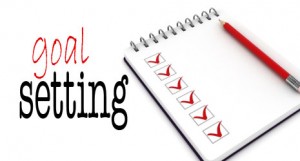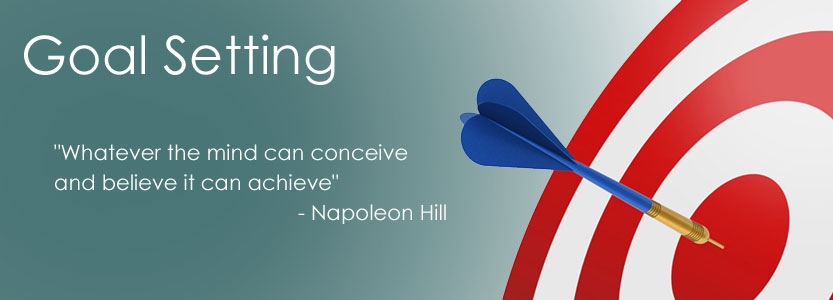Goal Setting for the Practice Room
- Marlene
- Blog, flute, Uncategorized
- No Comments
Goal Setting for the Practice Room
Goal Setting should be part of every musician’s practice session.
There are many kids of goals in music. Some goals will be achieved within a single practice session, others will take longer to achieve. Regardless, simply writing down goals is a powerful first step in making your practice as effective and efficient as possible.
Today is the first day of lessons after the winter break, and I am talking with my students about their musical goals for the year. Together we are setting New Year’s Resolutions for music. The goals we are developing are mainly long-term goals, like improving tone, learning repertoire, winning first chair in the fall, or memorizing all the major/minor scales. Articulating these goals is good for the student and it’s good for me as a teacher. Once I know what a student’s goal is, I can create a plan and offer the right materials to assist that student’s progress. Goal setting is a positive experience for the student because it promotes motivation and focus,
Students should develop the habit of setting goals as part of music practice. Ideally, goal setting should happen at the beginning (Practice Session: Part 1) because it’s easier to build an efficient practice session with and endpoint in mind. When creating practice goals, it’s a good idea to set some short-term goals that can be achieved during a single practice session because meeting those goals is very satisfying and builds confidence that other goals can be met also.
I have always encouraged my students to set goals because it has been a useful tool for me in my development as a musician. Many other music teachers also recommend goal setting so this isn’t something I’ve invented. However, I had no idea that researchers have been looking into the benefits of goal setting since the 1930s. Goal setting really works and there are many scientific studies to prove it! There’s even a codified theory, Goal-Setting Theory, to explain why goal setting is useful.
Goal-Setting Theory
Setting goals affects outcomes in four ways:
- Choice: goals narrow attention and direct efforts to goal-relevant activities, and away from perceived undesirable and goal-irrelevant actions.
- Effort: goals can lead to more effort; for example, if one typically produces 4 widgets an hour, and has the goal of producing 6, one may work more intensely towards the goal than one would otherwise.
- Persistence: someone becomes more likely to work through setbacks if pursuing a goal.
- Cognition: goals can lead individuals to develop and change their behavior.
from Latham, Gary P.; Budworth, Marie-Hélène (2007). “The study of work motivation in the 20th century”. In Koppes, Laura L.; Thayer, Paul W.; Vinchur, Andrew J.; Salas, Eduardo. Historical perspectives in industrial and organizational psychology. Series in applied psychology. Mahwah, NJ: Lawrence Erlbaum Associates. p. 353–382 (366). ISBN 0805844406. OCLC 71725282
Write Down Your Goals
A recent report on NPR (“How Writing Down Specific Goals Can Empower You”) discussed the role of goal-setting in achieving academic success. Schools around the world are trying one simple thing. They are asking students write down their goals. Teachers have found that their students have higher achievement after committing to the written goals.
 In my studio, I know that some students skip the goal-setting step in their practice. They believe they will remember their goals without writing them down, or they worry that it takes too much time, or they think it’s silly. However, this study from McGill University in Montreal suggests that putting pen to paper has a powerful effect on achievement.
In my studio, I know that some students skip the goal-setting step in their practice. They believe they will remember their goals without writing them down, or they worry that it takes too much time, or they think it’s silly. However, this study from McGill University in Montreal suggests that putting pen to paper has a powerful effect on achievement.
Make Goal Setting a Habit
Goal Setting also improves non-academic skills like communication, resilience, creativity, and problem solving. The development of these “soft skills” may be more important than cognitive skills that can be measured by a standardized test. Employers are increasingly looking for people who are able to complete complex projects. Musicians are particularly good at this!
Adding goal setting to your daily music practice might make your entire life better.
Goal setting, like many other things, gets easier with practice. Once setting goals has become a habit in music, it’s easy to include it in other parts of your life.
Keep that pencil and notebook handy. You are going to need it.

No comments.